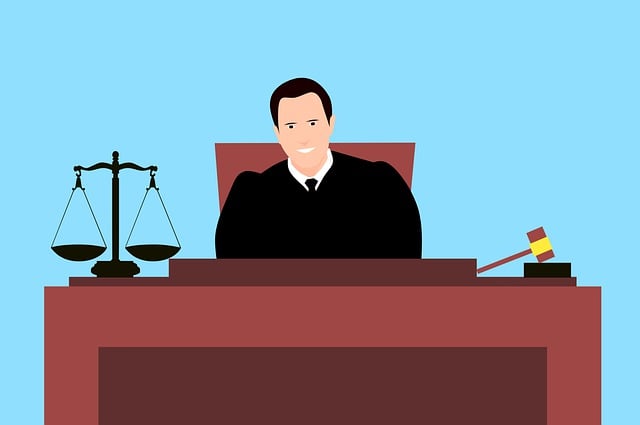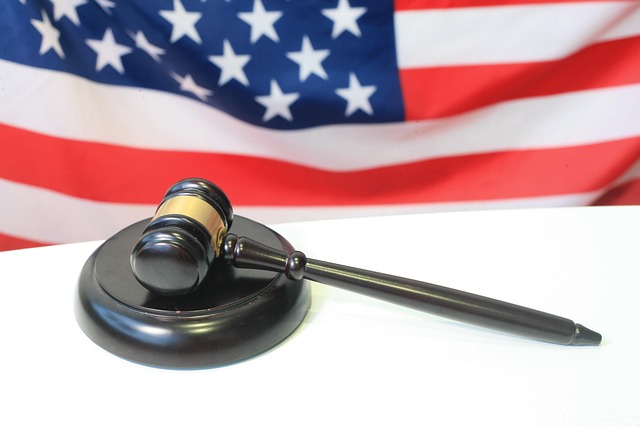The burden of proof significantly shapes outcomes in consumer protection lawsuits, requiring plaintiffs to demonstrate their claims are more likely than not true. This legal principle, contrasting criminal trials' "beyond a reasonable doubt" standard, impacts consumers' ability to hold businesses accountable for unfair practices. Effective strategies involve robust evidence gathering for consumers and thorough documentation for businesses to mitigate risks. Understanding these dynamics is crucial for achieving just verdicts, as evidenced by successful consumer cases, ensuring fairness in the legal system.
Consumer protection suits play a vital role in ensuring fair business practices. This article delves into the intricate world of consumer rights, focusing on understanding the foundation of protection laws and their impact on verdicts. We explore how the burden of proof significantly influences outcomes, with sections dedicated to strategies for both consumers and businesses. Additionally, through case studies, we analyze the effectiveness of proof requirements in shaping legal landscapes, shedding light on How Burden of Proof Affects Verdicts.
- Understanding Consumer Protection Laws: A Foundation for Suits
- The Role of Burden of Proof in Consumer Cases
- Impact on Verdicts: Strategies for Consumers and Businesses
- Case Studies: Examining the Effectiveness of Proof Requirements
Understanding Consumer Protection Laws: A Foundation for Suits

Consumer protection laws are a crucial framework designed to safeguard individuals from unfair business practices and ensure ethical trade. These laws serve as a cornerstone for consumer protection suits, providing a legal foundation when businesses violate established rules. Understanding these regulations is essential, especially in cases where consumers seek justice.
The burden of proof plays a significant role in determining the outcome of such lawsuits. It dictates the level of evidence required to establish liability and influence jury trials or settlements. In many cases, consumers must provide compelling evidence to prove their claims, ensuring that any verdict reflects the truth. This process ensures fairness, as it prevents baseless accusations from leading to unjust outcomes, potentially resulting in a complete dismissal of all charges against the business.
The Role of Burden of Proof in Consumer Cases

In consumer protection suits, the burden of proof plays a pivotal role in shaping the outcome of cases. Unlike criminal proceedings where the prosecution carries the onus of proving guilt beyond a reasonable doubt, civil lawsuits, including consumer protection actions, typically require the plaintiff to establish their claims by a preponderance of evidence. This means that the plaintiff must convince the judge or jury that their version of events is more likely than not to be true. The burden of proof is crucial as it dictates the level of certainty required for a plaintiff to win challenging defense verdicts across the country.
Understanding how burden of proof affects verdicts is essential. If a plaintiff fails to meet this standard, the defendant may secure a complete dismissal of all charges. Conversely, a strong and well-presented case that meets the burden of proof can lead to favorable outcomes for consumers, ensuring their rights are protected and companies held accountable for any misconduct.
Impact on Verdicts: Strategies for Consumers and Businesses

In consumer protection suits, the burden of proof significantly shapes the outcomes of verdicts. Consumers and businesses alike must navigate this crucial aspect of the legal process. For consumers, understanding the burden of proof means recognizing that they need to present substantial evidence demonstrating harm caused by a product or service. This often involves gathering documentation, expert opinions, and firsthand accounts. An unprecedented track record of successful cases across the country underscores the power of consumer advocacy and their ability to hold businesses accountable.
Businesses, on the other hand, must employ strategic defenses to mitigate risks. They should ensure thorough documentation of their products’ safety records, maintain transparent communication channels, and quickly address any reported issues. In high-stakes cases, where millions are at stake, businesses with a solid defense strategy can significantly influence the outcome. Across the country, legal experts have observed that effective strategies for both sides often result in more just verdicts, reflecting a balanced approach to consumer protection.
Case Studies: Examining the Effectiveness of Proof Requirements

In consumer protection suits, understanding how the burden of proof influences outcomes is pivotal. Case studies reveal that the requirement to prove wrongdoing beyond a reasonable doubt significantly impacts verdicts. When plaintiffs meet this high evidentiary standard, it often results in favorable judgments, holding businesses accountable for misleading practices. Conversely, cases where the proof falls short may lead to acquittals, even when questionable actions are apparent.
These studies highlight the crucial role of evidence presentation throughout the investigative and enforcement process. Effective legal strategies that navigate all stages can enhance the chances of winning challenging defense verdicts, particularly in general criminal defense scenarios. By meticulously constructing cases with robust evidence, lawyers can ensure fairness and protect consumer rights, ultimately shaping the success of these legal battles.
Understanding consumer protection laws is crucial, as it equips both consumers and businesses with knowledge to navigate legal complexities. The burden of proof plays a pivotal role in determining verdicts, significantly influencing outcomes in consumer protection suits. By examining case studies and adopting effective strategies, consumers can assert their rights while businesses can enhance their defenses. Ultimately, recognizing the impact of burden of proof on verdicts is essential for fostering fair practices in today’s market.






